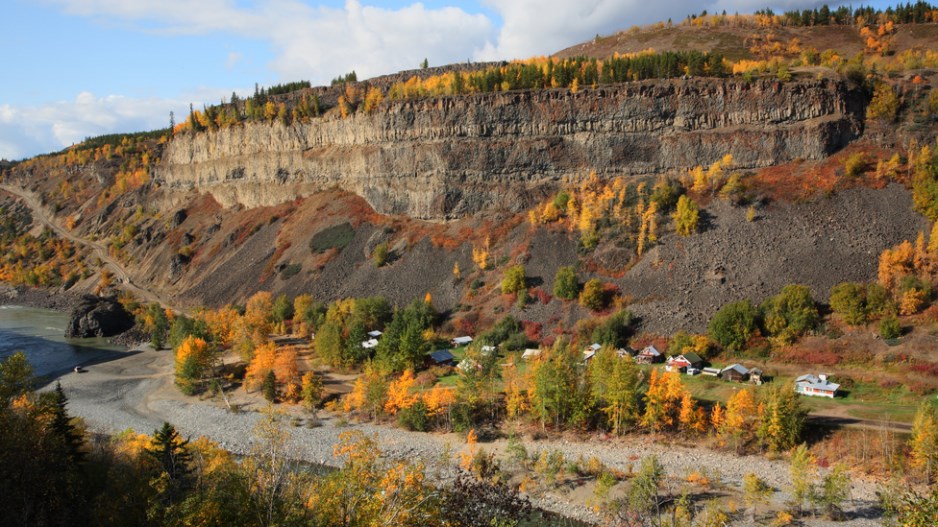Within hours of a June 26 Supreme Court of Canada decision confirming aboriginal title of the Tsilhqot’in First Nation, the Tahltan First Nation announced it too planned to launch an aboriginal rights and title claim.
And in both cases, the main drivers behind the push for recognition of their rights to land in their territories are mines that neither First Nation want.
The landmark Supreme Court decision confirms the Tsilhqot’in’s title to land in its traditional territory, and finds the Government of B.C. breached its fiduciary duty when it issued licences to harvest timber in Tsilhqot’in territory in 1983.
“We are the only Indians across Canada that actually own land,” said Tsilhqot’in Chief Joe Alphonse. “This gets us one step closer to being independent. We don’t want to live on handouts. We want to be able to govern our own people.”
While the Tsilhqot’in are hoping to use the ruling to put the New Prosperity copper mine proposed by Taseko Mines Ltd. (TSX:TKO) to a complete halt, the Tahltan are hoping to stop the Arctos Anthracite Coal project proposed by Fortune Minerals Ltd. (TSX:FT) in the Mt. Klappan area.
“Today is an historical day for the Tsilhqot’in and we’re grateful to them,” said Annita McPhee, president of the Tahltan Central Council.
Within hours of the Supreme Court decision coming down, the Tahltan announced it had hired lawyer Joseph Arvay of Farris and Co. to prepare a legal claim to get the same recognition of title that the Tsilhqot’in have won.
The Tahltan are not against all development, McPhee said. Her people are negotiating with Imperial Metals Corp. (TSX:III) on a benefits agreement on the Red Chris Mine, which is slated for commissioning in August.
But the Arctos Anthracite Coal mine is in what the Tahltan call the “Sacred Headwaters” – a traditional hunting ground and confluence of three salmon-bearing rivers that the Tahltan want off limits to development.
“We don’t want to go to court, but so far the province and Fortune have refused to listen to us,” McPhee said. “Today’s decision makes it clear that they can’t push ahead without our consent, and we are going to fight them every step of the way.”
The decision also arms the Tsilhqot’in with additional legal ammunition for putting a stop to the New Prosperity mine, said Tsilhqot’in Chief Joe Alphonse.
Environment Canada has already rejected the project twice, but Taseko has refused to take no for an answer, and has asked for a judicial review.
Alphonse believes the Supreme Court ruling gives his people the legal right to say no to the mine and other projects like it.
“It protects us from the Tasekos of the world,” he said. “Taseko’s been a large part one of the reasons why we fought so hard in this case.”
Taseko has an entirely different reading on the Supreme Court ruling, however.
“The ruling confirms that Taseko’s New Prosperity gold-copper project is located in an area where aboriginal title does not exist,” the company said in a press release. “As such, New Prosperity is the only proposed mine in B.C. that people know for sure is not in an area of aboriginal title.”
The decision provides a legal precedent for other First Nations to establish their own claims to land, provided they can prove to have occupied or used it.
Asked if major projects in B.C. might be halted, once aboriginal title on land is established, B.C. Attorney General Suzanne Anton said at a press conference that her government would need to study the ruling further to answer that question.
But paragraph 92 of the ruling suggests major projects could, in fact, be halted: “For example, if the Crown begins a project without consent prior to aboriginal title being established, it may be required to cancel the project upon establishment of the title if continuation of the project would be unjustifiably infringing.”




